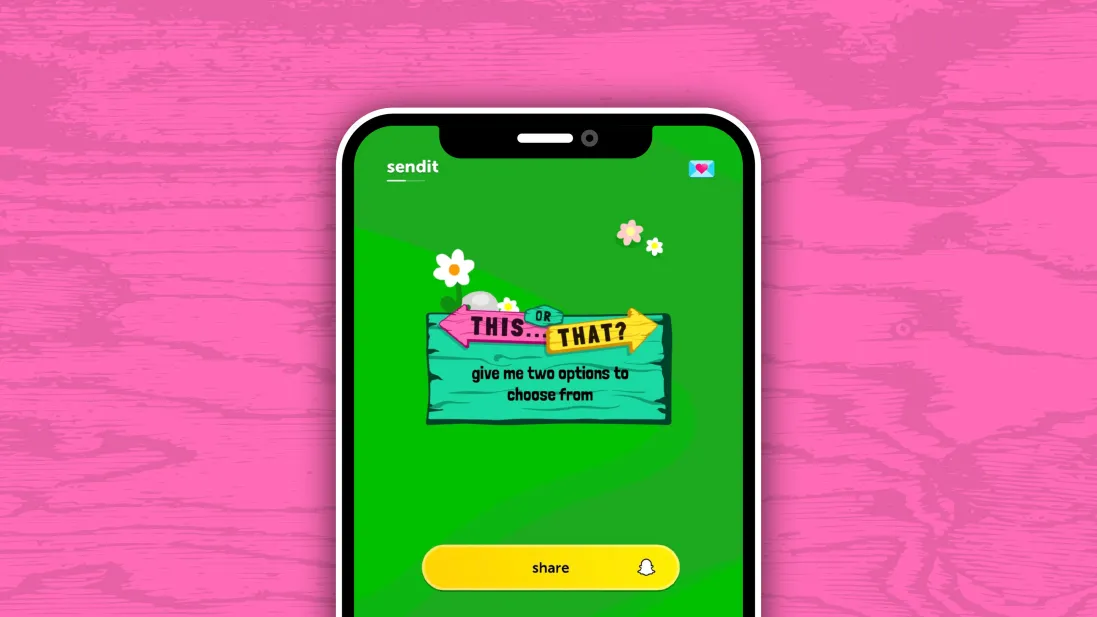
The Federal Trade Commission (FTC) has filed a complaint against the anonymous messaging app Sendit, accusing it of breaking several rules around user privacy and deceptive practices—particularly targeting teens and children. Sendit, which gained popularity with Gen Z through platforms like Snapchat, Instagram, and TikTok, lets users send and receive anonymous questions. Still, the FTC says the app has been misleading users and mishandling sensitive data.
After similar apps like YOLO and LMK were banned from Snapchat in 2021 due to safety concerns—following a lawsuit tied to a teen’s suicide—Sendit quickly filled the void. It racked up over 3.5 million downloads, appealing mostly to a younger audience. But things weren’t as innocent as they seemed.
In 2022, TechCrunch revealed that apps like Sendit were sending fake, flirty, or provocative anonymous messages to users, like “Would you ever get with me?” or “Have you done drugs?” These messages didn’t come from real people but were generated by the app itself. The catch? Users could pay $9.99 to reveal who supposedly sent them—but many didn’t realize they were signing up for a recurring weekly subscription, not a one-time purchase.
The FTC’s complaint highlights this issue, accusing Sendit of tricking users into paying for fake reveals, essentially charging them for false information. What’s worse, the company allegedly collected data from children under 13 years old without parental consent, violating the Children’s Online Privacy Protection Act (COPPA). In one case, more than 116,000 users self-reported being under 13, but Sendit’s parent company, Iconic Hearts, didn’t notify parents or seek permission as required by law.
There were also concerns about misleading app marketing. For example, in the App Store, a version of Sendit was advertised as “Sendit Reveal,” giving users the impression they could find out who sent anonymous messages—when in fact, many of those messages were likely fake.
When questioned in 2022 by TechCrunch, Sendit’s founder Hunter Rice brushed off the criticism, calling the coverage “clickbait” and saying he only wanted to focus on “real news.”
Ironically, Sendit itself had previously sued a rival app, NGL, for using the same tactics—fake messages and misleading users—only for NGL to later abandon the practice after being exposed.
The FTC’s complaint highlights the risks associated with anonymous apps, particularly those targeting young people, and how companies can exploit them for profit through deceptive practices.






